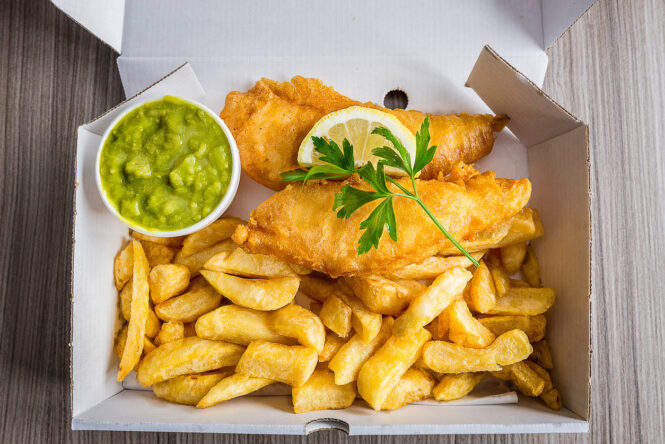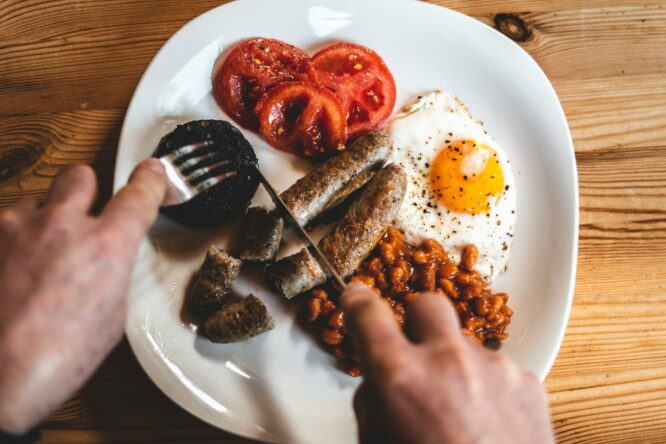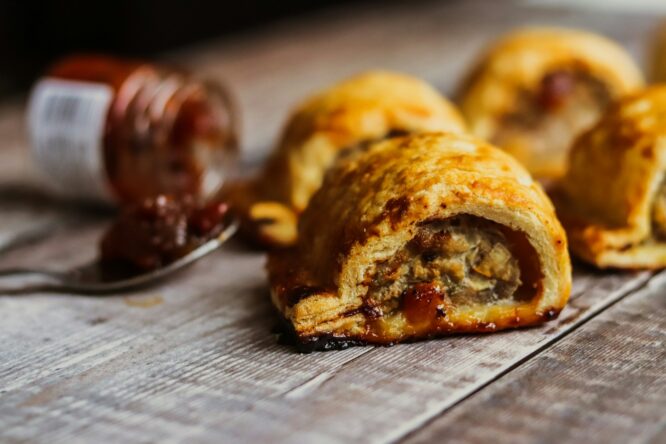You probably know by now that your diet plays a huge role in how you feel, not just physically, but mentally.

The things you eat throughout the day matter, but it’s not always obvious which foods are helping and which ones are secretly draining your energy. The goal isn’t perfection here, of course; it’s about knowing what actually supports your body at different times and what might be setting you up for a crash without you realising. If you’re a bit confused with all the conflicting advice out there, these guidelines might help you out—without feeling too restrictive.
1. Best: A protein-rich breakfast keeps you full and focused.
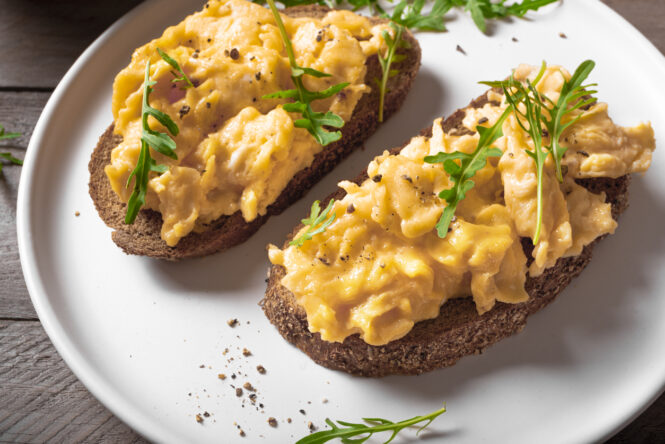
When you start your day with something protein-based—think eggs, Greek yoghurt, nut butter, or even a protein smoothie—you’re giving your body a stable source of energy. Protein slows digestion, which helps prevent those blood sugar spikes that lead to the dreaded mid-morning crash. You stay fuller longer and are less likely to reach for something sugary before lunch rolls around.
For people who often feel groggy in the morning or find themselves starving by 10am, this one small shift makes a huge difference. It doesn’t have to be elaborate, either. Scrambled eggs on toast or a bit of smoked salmon with avocado does the job. You’ll likely notice that your brain feels sharper, and you’re not constantly thinking about your next snack. That’s your body saying thank you for the steady start.
2. Worst: Sugary cereals can throw off your whole morning.
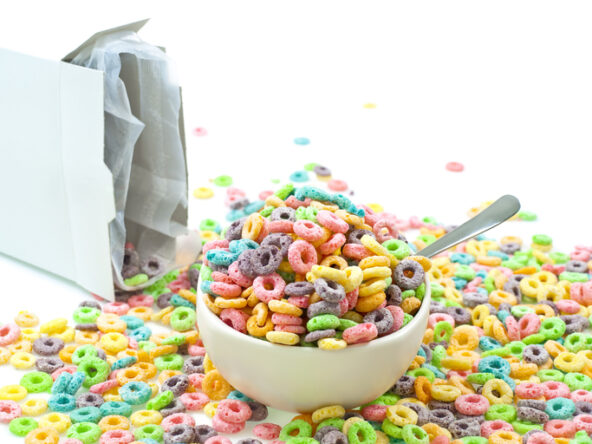
They’re convenient, nostalgic, and usually taste great, but most boxed cereals are loaded with sugar and refined carbs, with hardly any fibre or protein to balance things out. What ends up happening is you get a quick burst of energy followed by a sharp drop, leaving you foggy, irritable, or ravenous not long after breakfast.
Even some that look healthy, with whole grains or dried fruit, can be misleading once you check the label. If your breakfast leaves you feeling hungry an hour later or crashing hard before your first meeting, this is probably why. Swapping to something less processed with a better protein-to-sugar ratio can make your mornings smoother and more stable—no hanger required.
3. Best: Mid-morning fruit gives you a natural boost without the crash.

A piece of fruit between breakfast and lunch is a great way to keep your energy up, especially if you’re someone who gets peckish by 11am. Apples, bananas, or berries provide natural sugars along with fibre and antioxidants, which make them a much smarter pick than a chocolate bar or packet of crisps. They’re also hydrating, which helps more than you’d think if you’re dragging through your morning.
If you pair your fruit with a little protein or fat, such as almond butter, a few nuts, or a bit of cheese, it becomes an even more satisfying snack. That balance keeps your blood sugar from bouncing around and makes it easier to power through until lunchtime. It’s a small snack, but it helps you avoid those “I need something now, or I’ll lose it” moments that usually lead to poor food choices later on.
4. Worst: Grabbing a pastry is delicious but short-lived.
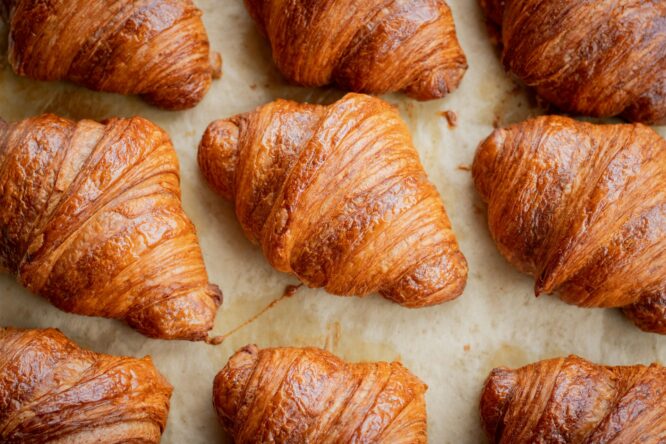
A croissant or a muffin might feel like the perfect little pick-me-up, but these treats are usually all refined carbs and sugar, which means they’ll spike your energy for a hot minute and then leave you feeling flat. Without protein or fibre to slow things down, your blood sugar rises quickly, and then drops just as fast, taking your focus and mood with it.
Even if you’re not watching calories or trying to eat a certain way, relying on pastries mid-morning doesn’t give your body much to work with. You end up feeling sluggish, hungry again soon after, and often in the mood for more sugar. Occasionally, fine. However, if it becomes a daily habit, it’s one of those things that quietly zaps your energy without you fully realising what’s happening.
5. Best: A balanced lunch gives you fuel, not fatigue.
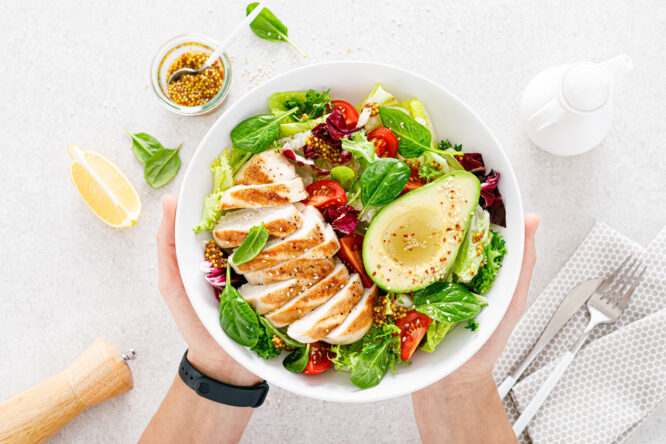
A good lunch should be satisfying, not sleep-inducing. Meals that combine protein, fibre, and healthy fats like grilled chicken with rice and veg, or a tuna salad with avocado and chickpeas help you feel full without making you want to lie down immediately after eating. These components work together to give you sustained energy and focus during the part of the day when motivation usually dips.
If lunch is something you usually rush or cobble together, try adding even one protein source and some fibre-rich veg. It makes more of a difference than you’d expect. It doesn’t have to be boring, either. Bowls, wraps, hearty soups, or leftovers from the night before can all hit the mark. It’s less about perfection and more about balance—something that fills you up without knocking you out.
6. Worst: Carb-heavy lunches tend to lead to energy crashes.

We’ve all had that post-lunch crash where you can barely keep your eyes open by 2 p.m., and it usually follows a lunch that was all carbs and very little else. A massive portion of pasta, a sandwich with no real protein, or a big slice of pizza might feel satisfying in the moment, but it rarely sets you up for a productive afternoon.
These kinds of meals lead to a quick rise in blood sugar, followed by a crash that leaves you tired, unfocused, and often craving something sweet not long after. If you love carbs (who doesn’t?), try pairing them with a protein source and adding veg. That simple switch can help you avoid the slump while still enjoying your favourite foods in a way that actually works for your body.
7. Best: An afternoon snack with protein keeps things steady.
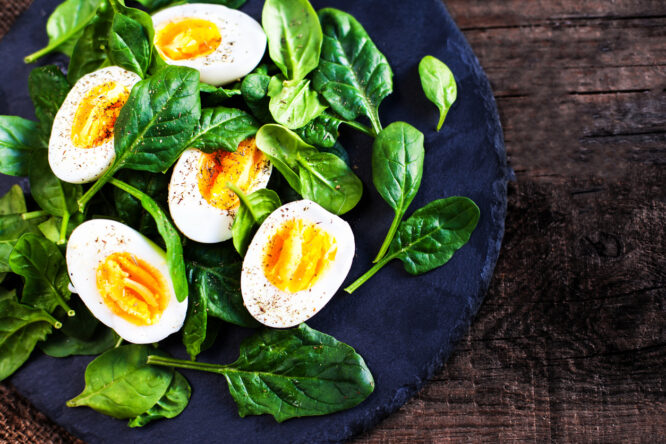
Between lunch and dinner, it’s normal to get a little hungry, especially if lunch wasn’t massive or your day is particularly busy. A smart afternoon snack can help bridge the gap and prevent that ravenous feeling that leads to overeating later. The key is choosing something with a bit of protein and healthy fat to keep you full.
Boiled eggs, hummus with carrot sticks, Greek yoghurt, or a handful of almonds are all great options that provide steady energy without making you feel heavy. These kinds of snacks can also help improve focus and mood, especially if you tend to get a bit cranky in the late afternoon. It’s all about keeping your energy levelled instead of riding the rollercoaster.
8. Worst: Sugary snacks or energy drinks can mess you up fast.

By 3 p.m., the temptation for something sweet or caffeinated is real, and while it might feel like the only thing keeping you going, it usually backfires. Energy drinks, sugary coffee drinks, or sweets give you that artificial lift, but they rarely last more than half an hour. After that, the crash hits harder, and you’re left feeling worse than before.
What’s tricky is that these snacks are everywhere and often marketed as “boosts.” However, they tend to leave you jittery, tired, and still hungry. If you want something with a bit of sweetness, pair it with something that has some substance, such as dark chocolate and almonds or a protein bar with decent ingredients. That way, you’re satisfying the craving without tanking your energy.
9. Best: A lighter, veggie-forward dinner supports digestion and sleep.
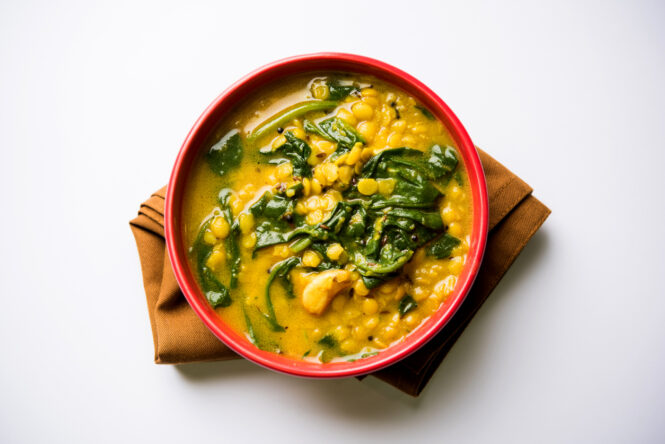
Heavy dinners can feel comforting, but if you’ve ever struggled to fall asleep after a massive meal, you’ll understand why keeping it a little lighter matters. Meals focused on vegetables, lean proteins, and complex carbs like salmon with roasted veg or a lentil curry help you feel satisfied without being overly full.
This kind of dinner is easier on your digestive system and sets you up for better sleep, especially if you tend to eat later in the evening. You’re still getting all the nourishment you need, but without that overly full, sluggish feeling that makes you want to undo your jeans and lie flat on the sofa for the next three hours.
10. Worst: Late-night snacks can quietly ruin your sleep.
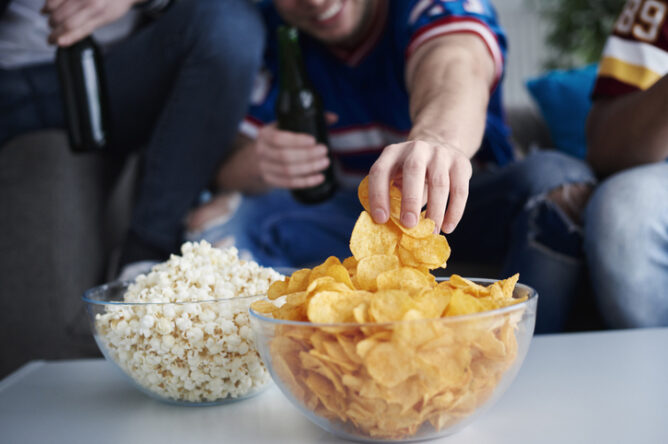
Eating right before bed isn’t always a bad thing, especially if you’re genuinely hungry, but a lot of late-night snacking comes from boredom or habit. And when it involves sugary or rich foods like crisps, ice cream, or chocolate, it can interfere with your sleep more than you realise. Your body’s trying to rest, but now it’s also trying to digest, which often results in restless nights or waking up groggy.
If you do need a bedtime snack, keeping it small and simple helps. Think a banana, a handful of nuts, or a little bowl of oats. These won’t spike your blood sugar or mess with your digestion. It’s about giving your body something gentle that supports rest, not keeping it wired when it should be winding down.

